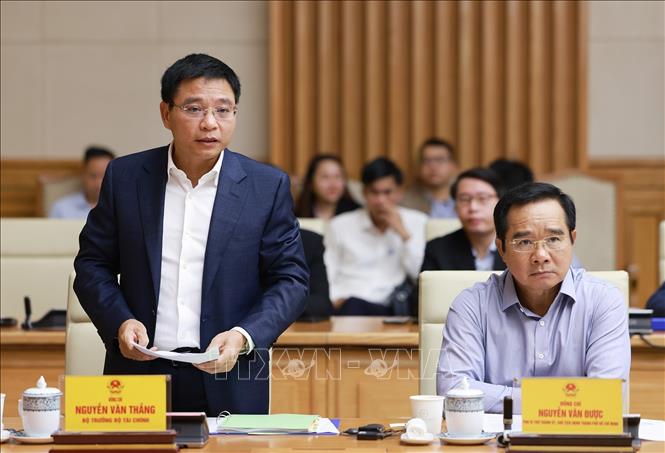
The Investment Law Project (amended) is one of the Law projects that received attention at this session of the National Assembly with extensive amendment and supplement proposals to remove "bottlenecks" and create a more open and transparent business environment.
"Strong hand" reform
Deputy Minister of Finance Nguyen Thi Bich Ngoc said that the draft law includes 7 chapters, 60 articles and 4 appendices; of which, 33/77 articles and 1 appendix are amended and supplemented; 17/77 articles are removed, 25/77 articles and 3 appendices are kept unchanged; 2 new articles are added, and the draft Law also rearranges the provisions.
The main principle is to strongly shift from pre-control to post-control associated with strengthening inspection and supervision, cutting and simplifying administrative procedures in business investment.
The main amendment and supplement of the draft Law is to narrow the scope of projects that must undergo investment approval procedures. This procedure only applies to sensitive and important infrastructure projects (such as seaports, airports, telecommunications, press, etc.), projects proposing to use coastal land, and large projects affecting national defense, security, and the environment.
The draft law eliminates the procedure for approving investment policies for projects that have been auctioned, bid for, or have a transparent investor selection process; at the same time, it promotes decentralization to the Prime Minister and the Chairman of the Provincial People's Committee to decide, assigning projects that were previously under the authority of the National Assembly to the Prime Minister for decision (except in special cases that require the opinion of the National Assembly Standing Committee). The draft also eliminates unnecessary appraisal contents such as technology and environment; clarifies assessment criteria in accordance with planning to shorten the time and reduce the burden of administrative procedures.
Along with that, the draft Investment Law (amended) is being proposed with important amendments to "strongly" reform investment policy approval. The scope of projects that must carry out this procedure is narrowed, the procedure is simplified and authority is further decentralized. These changes will remove legal obstacles, shorten licensing time and create a more favorable and transparent investment environment.
Narrow down the target audience and simplify the procedures.
In the context that many laws related to business investment such as land, bidding, planning, housing, real estate, electricity, science and technology, etc. are being amended, the system of procedures for approving investment policies has also encountered some difficulties and problems during the implementation process.
One of the major bottlenecks today is determining which projects are required to undergo investment policy approval procedures. For example, whether or not investment policy must be obtained for industrial cluster projects, mineral exploitation projects, or in cases where there is only one interested investor after the screening process according to the bidding law.
Or the problems related to the appraisal content in the process of approving investment policies also make many localities confused. Especially in the stage of determining the conformity with planning, evaluating technology, land use needs, financial capacity or factors related to housing law. This leads to the implementation of investment policy approval procedures being complicated and prolonged.
In order to remove the above bottlenecks, the Politburo issued Conclusion No. 194-KL/TW dated September 20, 2025, orienting the continued regulation of investment policy approval procedures in the direction of narrowing down the subjects of application. On that basis, the Ministry of Finance has completed the draft Investment Law (replacement) with a series of amendments to clarify the scope, streamline the process and promote decentralization.
In the draft Law, the Ministry of Finance proposed to stipulate that only a number of important project groups need to carry out investment policy approval procedures such as: infrastructure development projects in sensitive areas such as seaports, airports, telecommunications, press, publishing; projects using land and sea; projects with major impacts on the environment or security and defense. On the contrary, projects not in this category, such as investment through auctions, bidding for land use rights, mineral exploitation without sea elements, or construction of industrial cluster infrastructure according to regulations... will be exempted from policy approval procedures.
Along with narrowing and clarifying the scope of projects that must be approved in principle, the Draft also proposes a major reform step when proposing to simplify the content of investment policy appraisal. Duplicated or unnecessary criteria in the initial stage will be eliminated. Contents on technology, environment, housing, etc. will be transferred to the mechanism of investors committing to comply with legal regulations in the implementation stage, instead of requiring early appraisal, contributing to a strong shift from "pre-inspection" to "post-inspection".
Representative of the Vietnam Chamber of Commerce and Industry (VCCI), Mr. Dau Anh Tuan, Deputy Secretary General, Head of the VCCI Legal Department, expressed his views on the current approach of the draft Law, especially the investment licensing mechanism. According to VCCI, despite efforts to simplify, the current approach is still heavily based on "asking - giving". Instead of regulating "investment approval" which potentially risks overlapping procedures, VCCI proposed a simpler mechanism. Specifically, for projects using land, the State should only require investors to carry out "registration" procedures to be "recognized" or "confirmed" by the authorities. This is a recognition to start the implementation process, instead of complicated approval regulations.
The policy of decentralization and radical decentralization
A notable point in the Draft Investment Law (amended) is the concretization of the policy of decentralization and delegation of power in a clearer and stronger direction. Accordingly, all projects previously under the authority of the National Assembly to approve investment policies will be decentralized to the Prime Minister for consideration and decision. This list includes projects requiring the conversion of land use purposes of special-use forests, headwater protection forests, border protection forests of 50 hectares or more; windbreak forests, sand-blocking forests, wave-blocking forests, and sea encroachment forests of 500 hectares or more; production forests of 1,000 hectares or more...
At the local level, the approval of investment policies will be undertaken by the Chairman of the Provincial People's Committee instead of the entire People's Committee to conform to the government organization model according to the Law on Organization of Local Government, in order to ensure both collectivity and promote individual responsibility.
It can be said that the amendment of regulations on investment policy approval not only has the meaning of administrative procedure reform but also plays a fundamental role in investment management. This is the first step in the process of reviewing and controlling all factors related to a project such as planning, land, environment, ensuring the legality and commitment of the State to investors; at the same time, this procedure helps to screen and control projects that affect socio-economic development, national defense, security, and environmental protection.
Regarding overseas investment, the draft law eliminates the procedure for approving overseas investment policies and narrows the scope of foreign investment registration certificates (only applicable to projects with capital of 20 billion VND or more or projects in conditional investment and business sectors)....
In addition, the draft law allows the establishment of economic organizations without prior investment projects to increase the attractiveness of the investment environment; expands the green channel mechanism for projects in industrial parks, economic zones, and high-tech zones; at the same time, supplements regulations on asset transfer and allows extension of the operating period for railway projects as well as transfer of assets to the state after the project ends...
Dr. Nguyen Minh Thao, Head of the Department of Business Environment and Competitiveness Research, Institute for Policy and Strategy Research, also said that instead of just reducing conditions, it is necessary to reduce the number of industries. Because when an industry is included in the list, the risk of creating more sub-conditions is very high.
With a series of strong adjustments, the draft Investment Law (amended) submitted to the National Assembly for consideration and approval at the 10th Session and expected to take effect from January 1, 2026 is opening up great expectations in removing bottlenecks, creating a transparent and effective investment environment; at the same time, ensuring synchronization in socio-economic management and development. This is an important step to balance the goal of attracting investment and the requirement of strict control and management for the country's sustainable development.
Source: https://baotintuc.vn/kinh-te/du-thao-luat-dau-tu-sua-doi-kien-tao-moi-truong-kinh-doanh-thong-thoang-hon-20251102081651883.htm


![[Photo] Lam Dong: Close-up of illegal lake with broken wall](https://vphoto.vietnam.vn/thumb/1200x675/vietnam/resource/IMAGE/2025/11/03/1762166057849_a5018a8dcbd5478b1ec4-jpg.webp)
![[Photo] Prime Minister Pham Minh Chinh receives the Chairman of the Japan-Vietnam Friendship Association in the Kansai region](https://vphoto.vietnam.vn/thumb/1200x675/vietnam/resource/IMAGE/2025/11/03/1762176259003_ndo_br_dsc-9224-jpg.webp)
![[Photo] Fall Fair 2025 and impressive records](https://vphoto.vietnam.vn/thumb/1200x675/vietnam/resource/IMAGE/2025/11/03/1762180761230_ndo_br_tk-hcmt-15-jpg.webp)


![[Photo] General Secretary To Lam receives Singaporean Ambassador Jaya Ratnam](https://vphoto.vietnam.vn/thumb/1200x675/vietnam/resource/IMAGE/2025/11/03/1762171461424_a1-bnd-5309-9100-jpg.webp)
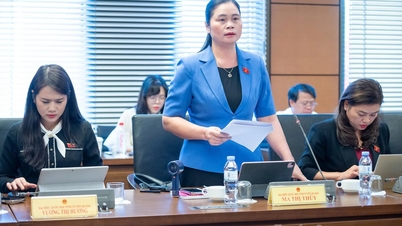

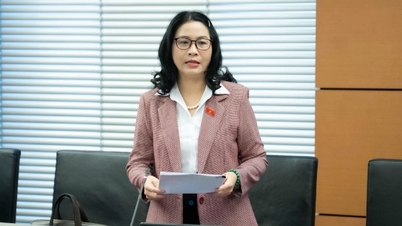







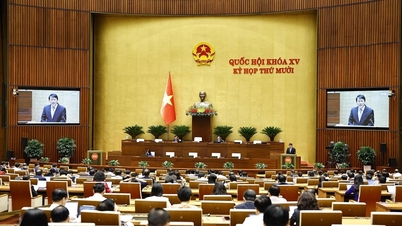

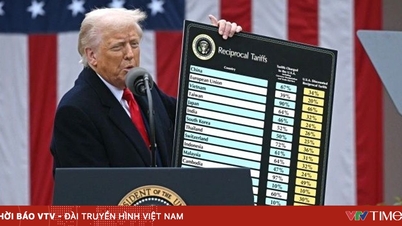









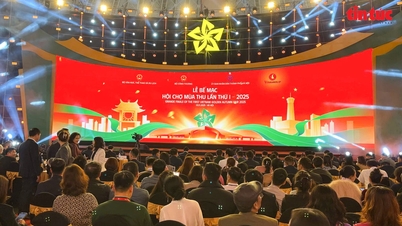
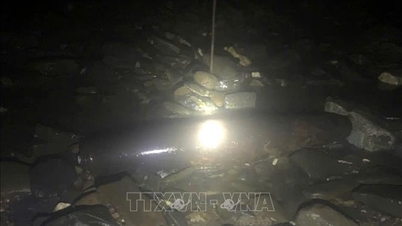
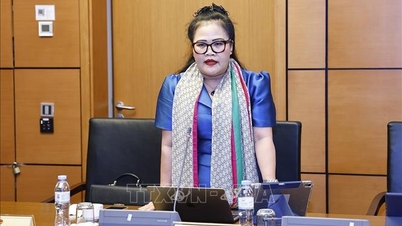
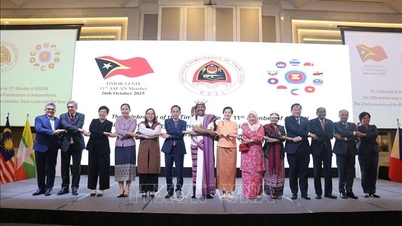
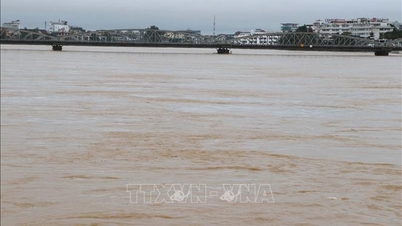
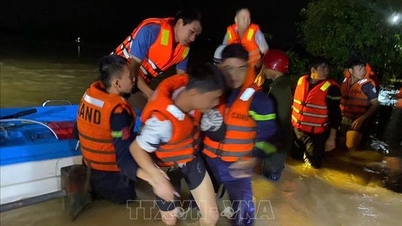





























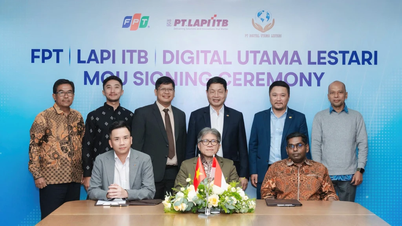









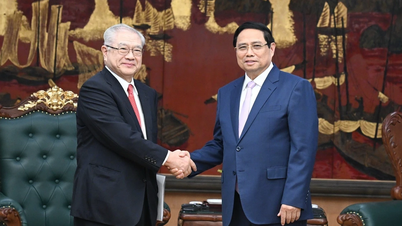
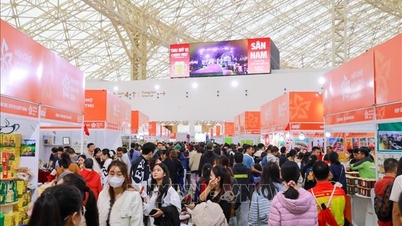
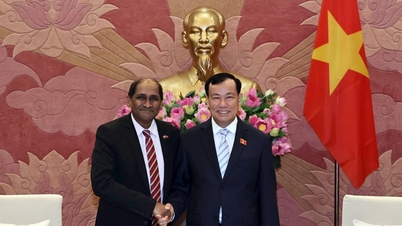
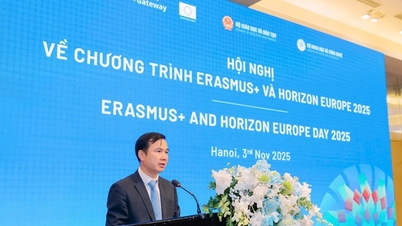

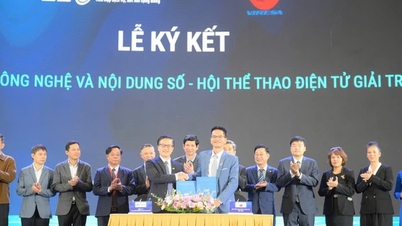

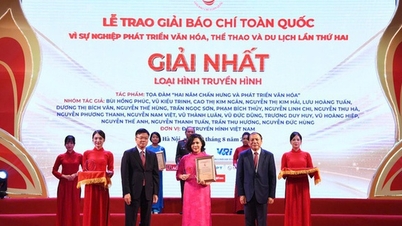


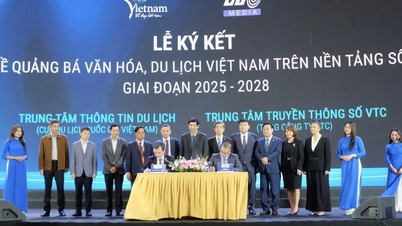
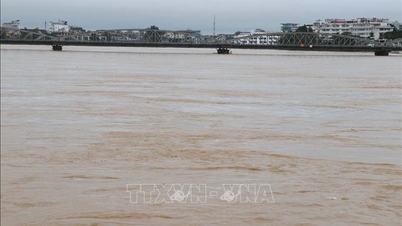






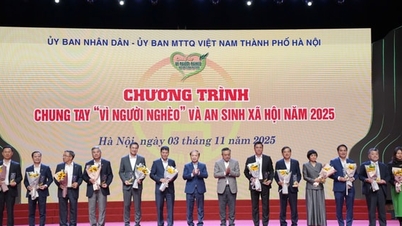












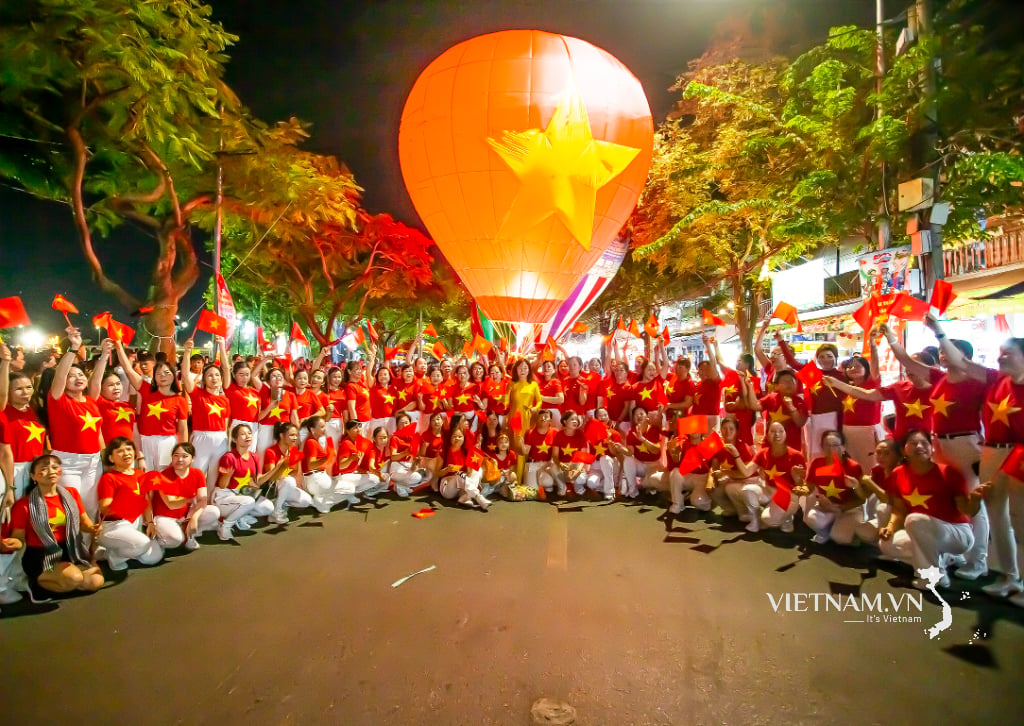


Comment (0)